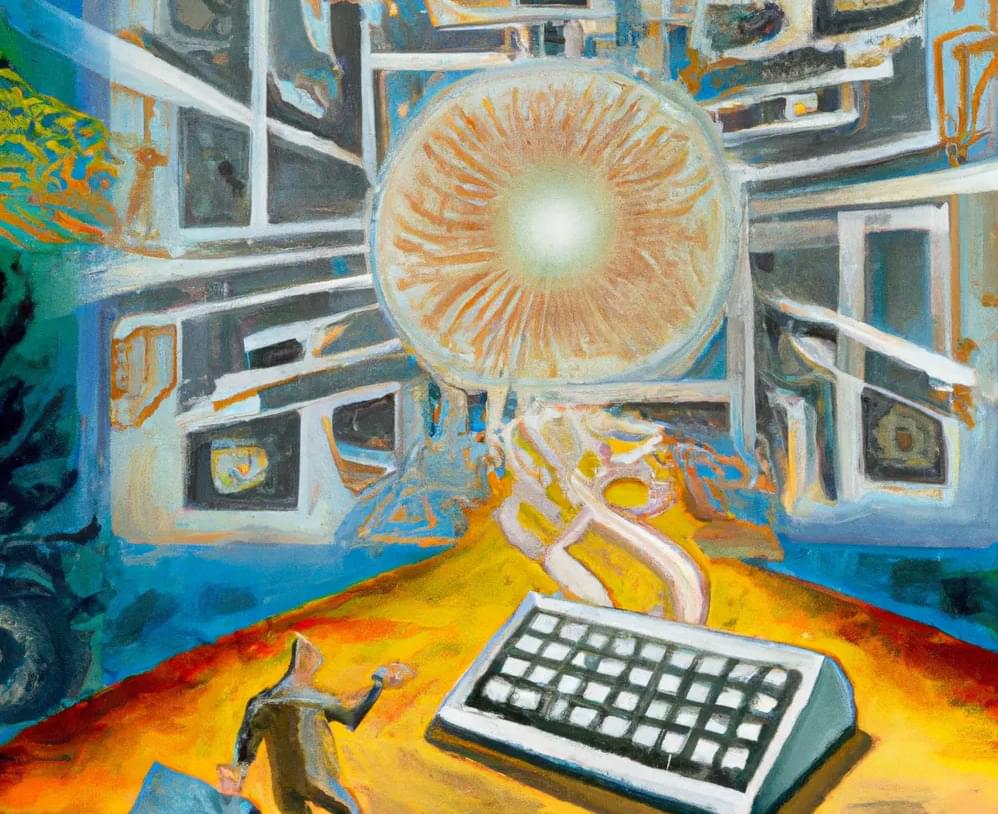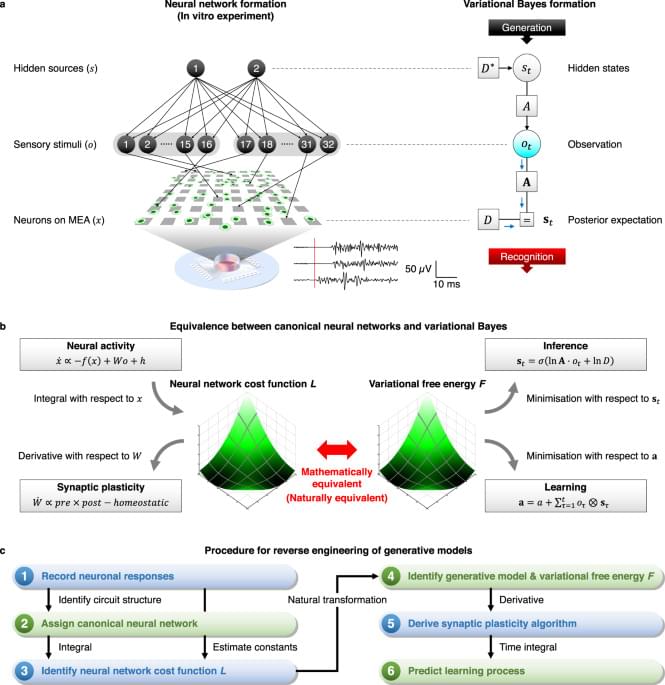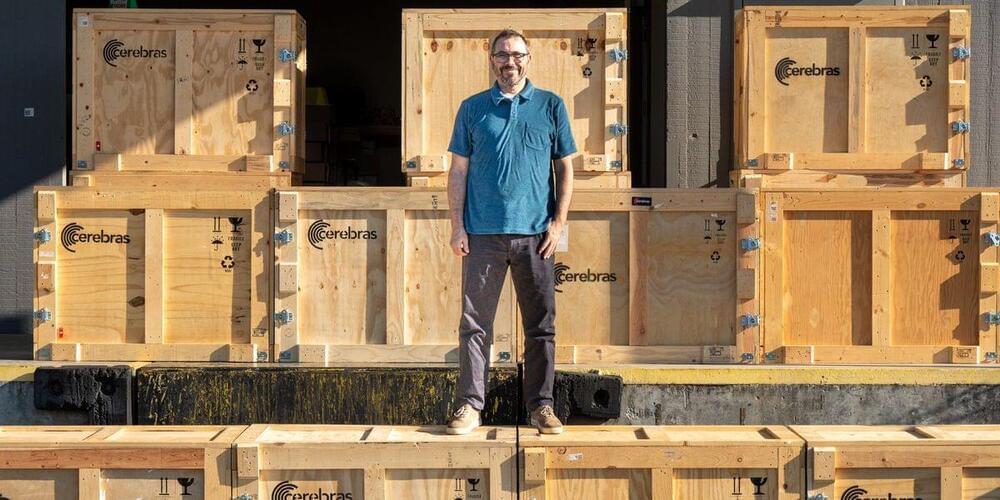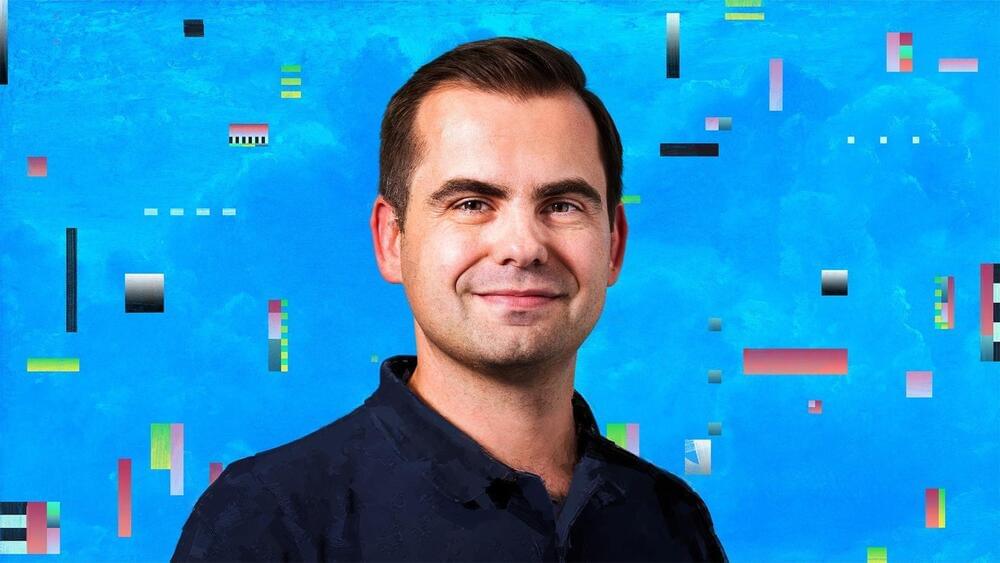On the twelfth challenge: Suppose that in the next decade or two, we meet all the engineering challenges in a single system. Will we then have a conscious AI systems? Not everyone will agree that we do. But if someone disagrees, we can ask once again: what is the X that is missing? And could that X be built into an AI system?
My conclusion is that within the next decade, even if we don’t have human-level artificial general intelligence, we may well have systems that are serious candidates for consciousness. There are many challenges on the path to consciousness in machine learning systems, but meeting those challenges yields a possible research program toward conscious AI.
I’ll finish by reiterating the ethical challenge.4 I’m not asserting that we should pursue this research program. If you think conscious AI is desirable, the program can serve as a sort of roadmap for getting there. If you think conscious AI is something to avoid, then the program can highlight paths that are best avoided. I’d be especially cautious about creating agent models. That said, I think it’s likely that researchers will pursue many of the elements of this research program, whether or not they think of this as pursuing AI consciousness. It could be a disaster to stumble upon AI consciousness unknowingly and unreflectively. So I hope that making these possible paths explicit at least helps us to think about conscious AI reflectively and to handle these issues with care.






